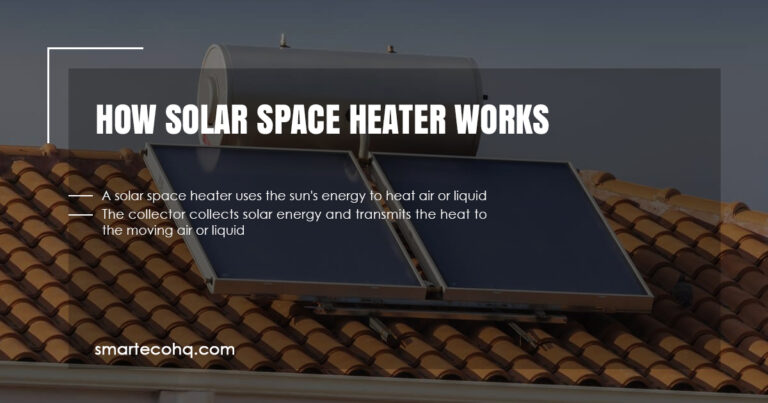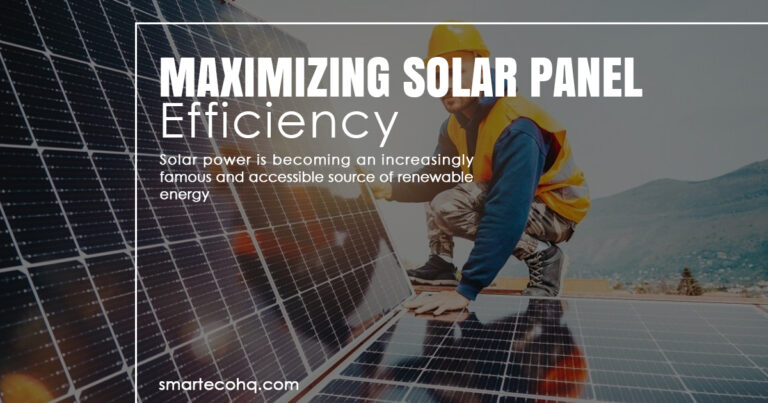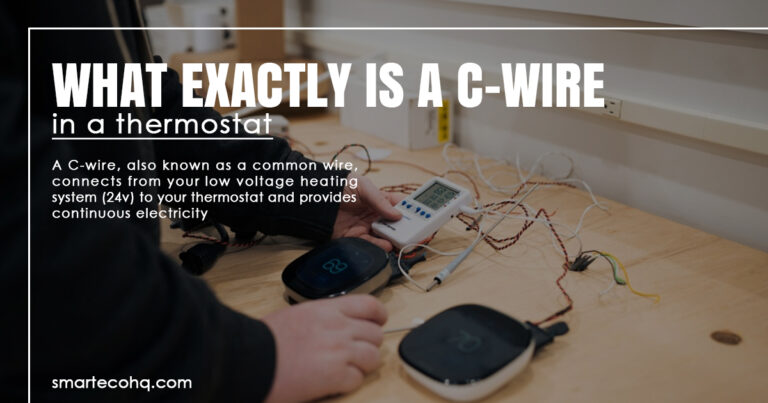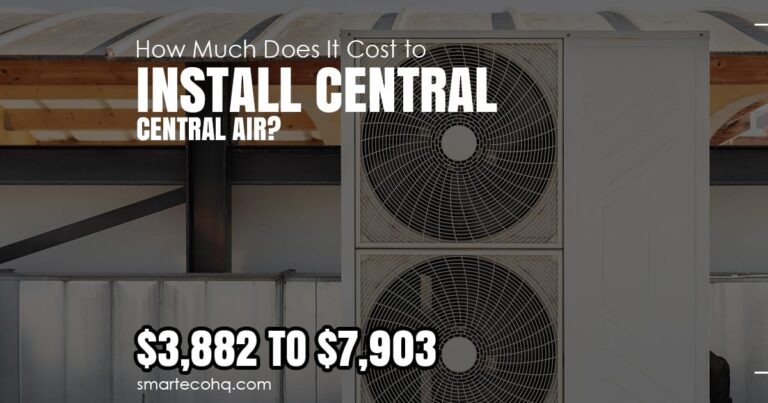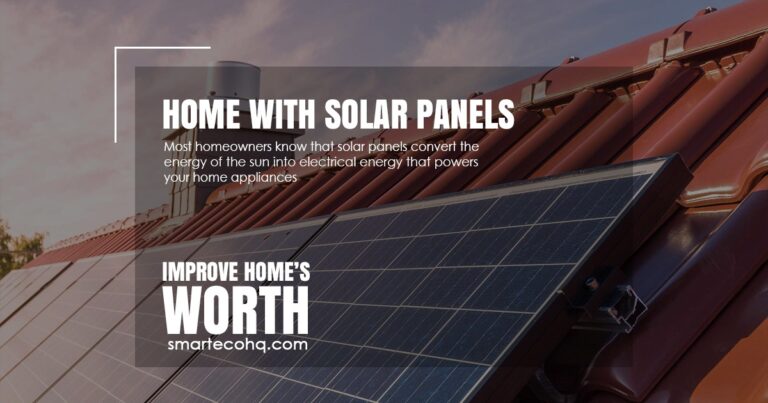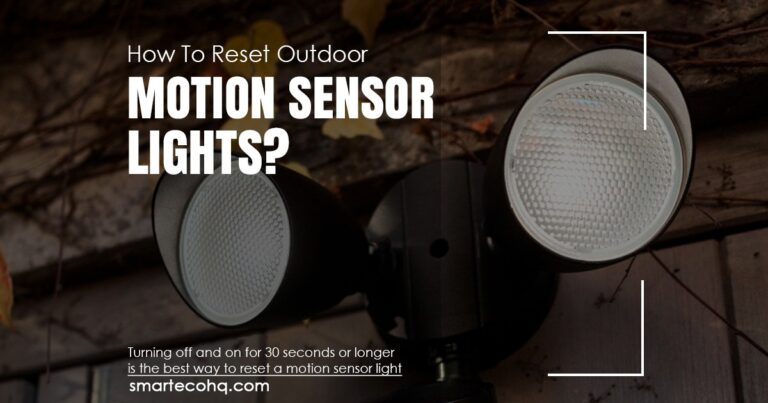Smart Energy: The Future of Sustainable Power

Embrace the future of sustainable power with Smart Energy. Experience efficiency, affordability, and eco-friendliness. Click here to learn more.
Smart Energy Technologies
Smart energy systems apply technologies to optimize energy consumption, eliminate waste, and enhance efficiency:
Smart Meters
Smart meters are technologies that monitor and store energy use in the present moment. Customers can track their energy consumption and make changes to eliminate waste and lower their expenses.
Smart Grids
Smart grids are modern energy supply networks that use real-time monitoring and management to optimize energy usage, eliminate energy waste, and boost energy efficiency.
Energy Storage Systems
Batteries, for instance, enable the storage of excess energy supplied by renewable sources such as wind and solar energy for later use as needed.
Demand Response Systems
Demand response systems enable operators to manage peak demand periods by rewarding consumers for lowering their energy consumption during periods of high demand.
What is the Future of the Global Energy Efficient Market?
The majority of energy grids and systems’ current structure is too old to sustain newer kinds of energy, necessitating a complete rebuild of the current energy grid. This leads to a wider issue in the realm of renewable and smart energy.
To cope with extending renewable smart energy, the energy grid, which consists of all the many control stations, power lines, and transformers required to distribute electricity to users, must be modernized. Currently, the energy grid has been able to accommodate the increased surge of renewable energy systems, but experts believe that this will not continue.
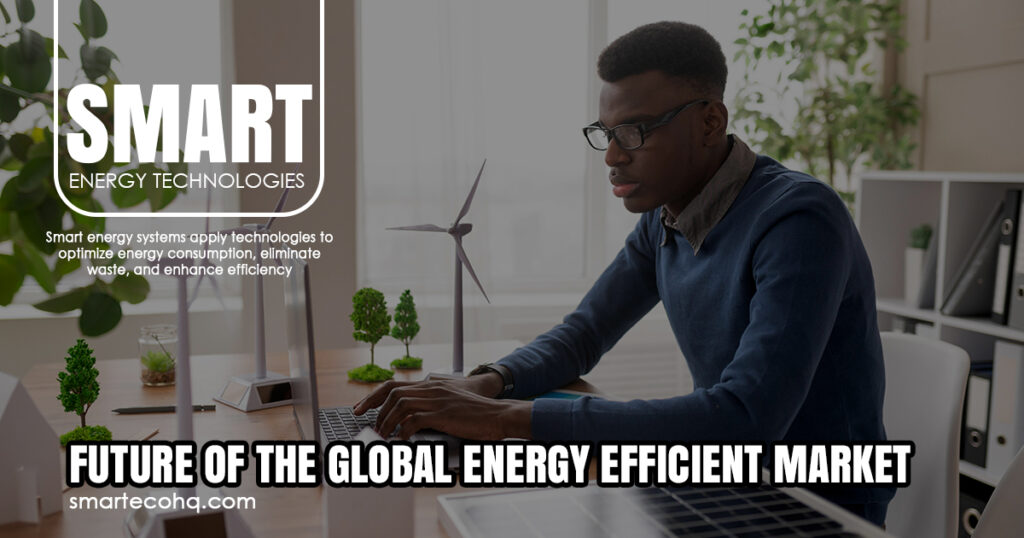
Experts are concerned that a significant increase in the number of smart energy systems may overwhelm the grid, so they are urging both Government Agencies and private companies to work together to update the energy grid.
This transformation will take time; therefore, experts are concentrating on high-demand sectors and cities first. This way, energy grid updates can be linked with smart energy demand to enhance their availability.
Why Choose Smart Energy Anyway?
Using smart energy has numerous advantages for people as well as society as a whole. These are some of the benefits:
Cost Savings
Smart energy strategies can help consumers and companies save money by reducing energy waste and lowering energy bills.
Increased Energy Efficiency
Smart energy solutions are meant to use energy as efficiently as possible, eliminating energy waste and enhancing total energy efficiency.
Environmental Benefits
Smart energy solutions can aid in the reduction of carbon emissions and the promotion of a more sustainable energy future.
Job Creation and Innovation
The development and installation of smart energy solutions can stimulate innovation and offer new job opportunities in the power industry.
Reliability & Resilience
Smart energy strategies can help increase the energy grid’s reliability and resilience, lowering the danger of blackouts and other energy-related issues.
Energy Security
Smart energy solutions can improve energy security and minimize reliance on foreign sources of energy by lowering reliance on conventional fossil fuels while accelerating the use of renewable energy sources.
FAQs
What is Smart Energy?
Smart Energy refers to the integration of advanced technologies and intelligent systems in the generation, distribution, and consumption of energy, enabling more efficient and sustainable power solutions.
How does Smart Energy contribute to sustainability?
Answer: Smart Energy promotes sustainability by optimizing energy production and consumption, reducing waste, integrating renewable sources, and enabling more efficient energy management.
What are the benefits of Smart Energy?
Smart Energy offers numerous benefits, including reduced carbon emissions, increased energy efficiency, cost savings, improved grid reliability, enhanced integration of renewable energy, and increased consumer control over energy usage.

